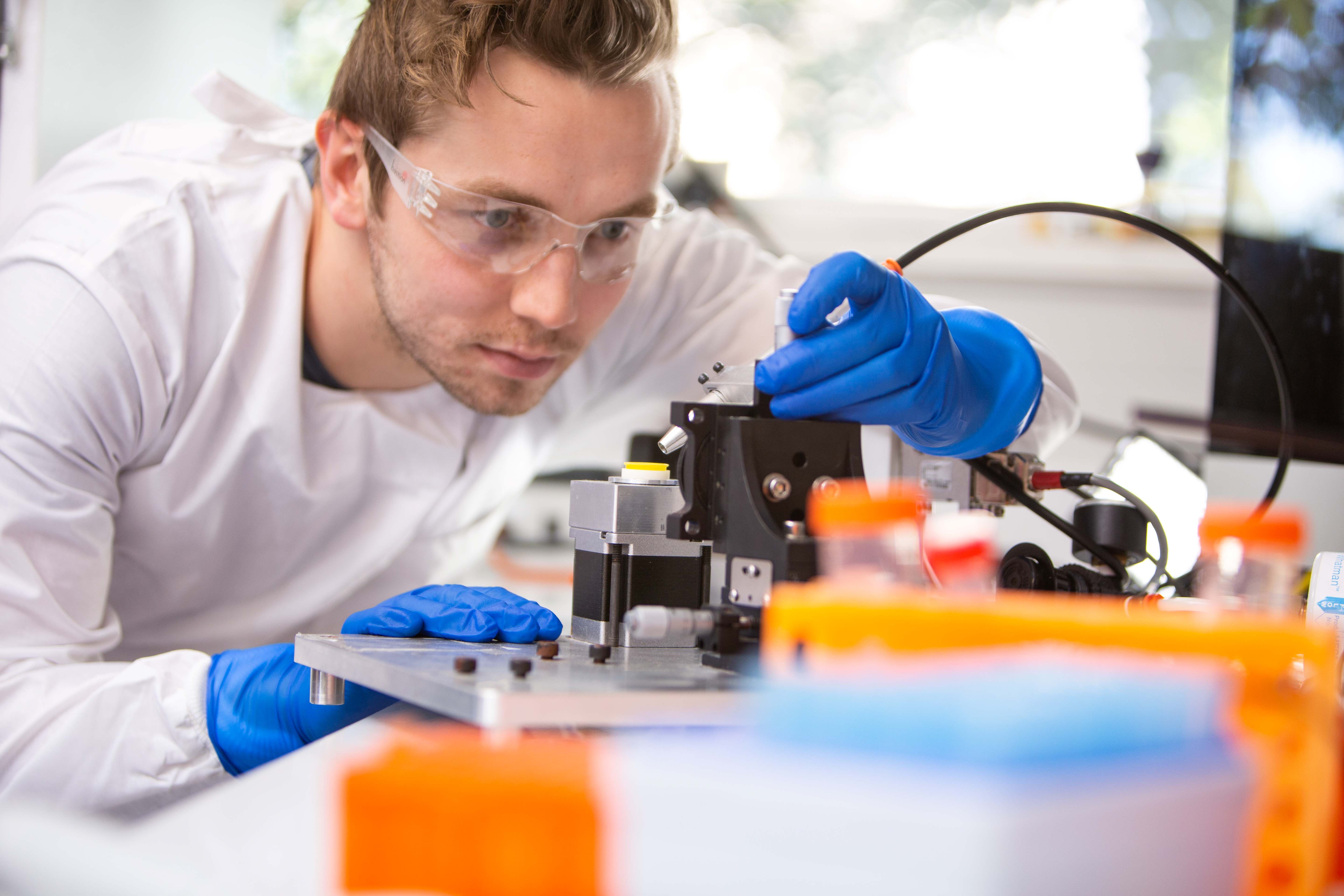Global engagement
 Our diverse academic community, varied reciprocal exchanges and international partnerships ensure that our outlook is global and our impacts are far-reaching.
Our diverse academic community, varied reciprocal exchanges and international partnerships ensure that our outlook is global and our impacts are far-reaching.
Research
- Around a third of our academic staff with continuing appointments obtained their PhD outside Australia.
- Academic staff maintain many international research linkages and frequently travel to meet colleagues at their institutions and at conferences.
- We host regular reciprocal visits to UQ.
- Early-career researchers can access School travel grants to fund attendance at overseas conferences.
- Research grants and alliances funded from overseas in recent times have included:
- The World Health Organisation’s Global Polio Eradication Initiative to Dr David Muller’s group for investigating the potential of nanopatch technology to deliver poliovirus vaccines
- National MPS Society to Professor Vito Ferro for research into possible pharmacological therapies for mucopolysaccharidosis
- Gilead Sciences Inc to Dr Evelyne Deplazes to develop adjuvant therapies that reduce the toxicity of the antifungal agent amphotericin B Institute of Microbiology
- Chinese Academy of Sciences to Professor Bostjan Kobe for research into COVID-19 vaccines and inhibitors
- Nearly $15M in funding from the Coaliton for Epidemic Preparedness Innovation - a global alliance financing and coordinating the development of vaccines against infectious diseases - to Emeritus Professor Paul Young and Professor Keith Chappell to develop a rapid response pipeline to develop and test new vaccines in as little as 16 weeks
- A partnership brokered by Professors Paul Young and Mark Walker with Moderna to allow UQ scientists to access Moderna's mRNA platform to develop mRNA vaccines for neglected and emerging viruses
Teaching & Learning
- 45 per cent of our 2025 student enrolments were from overseas.
- Students come from nearly 70 countries, with the highest numbers from China, India, Singapore, Malaysia, Hong Kong, Korea, Taiwan and Indonesia.
- Travel grants to attend conferences and undertake collaborative research overseas are available to confirmed higher degree by research students.
- Occupational trainees (overseas postgraduate students doing an internship) from many countries are hosted in our labs.
Engagement
- Our alumni live and work around the world and we maintain regular contact with them to learn of their successes.
- International outreach activities in recent years include participation in delegations to Latin America, India, China and Germany to explore opportunities for new links.
Our International Sub-Committee seeks to enhance our global profile through strategic oversight of research collaborations and the implementation of international student recruitment activities. For more information, contact the Committee Chair, Associate Professor Miloš Tanurdžić.
- We are a founding member of the Global Bioeconomy Alliance.
